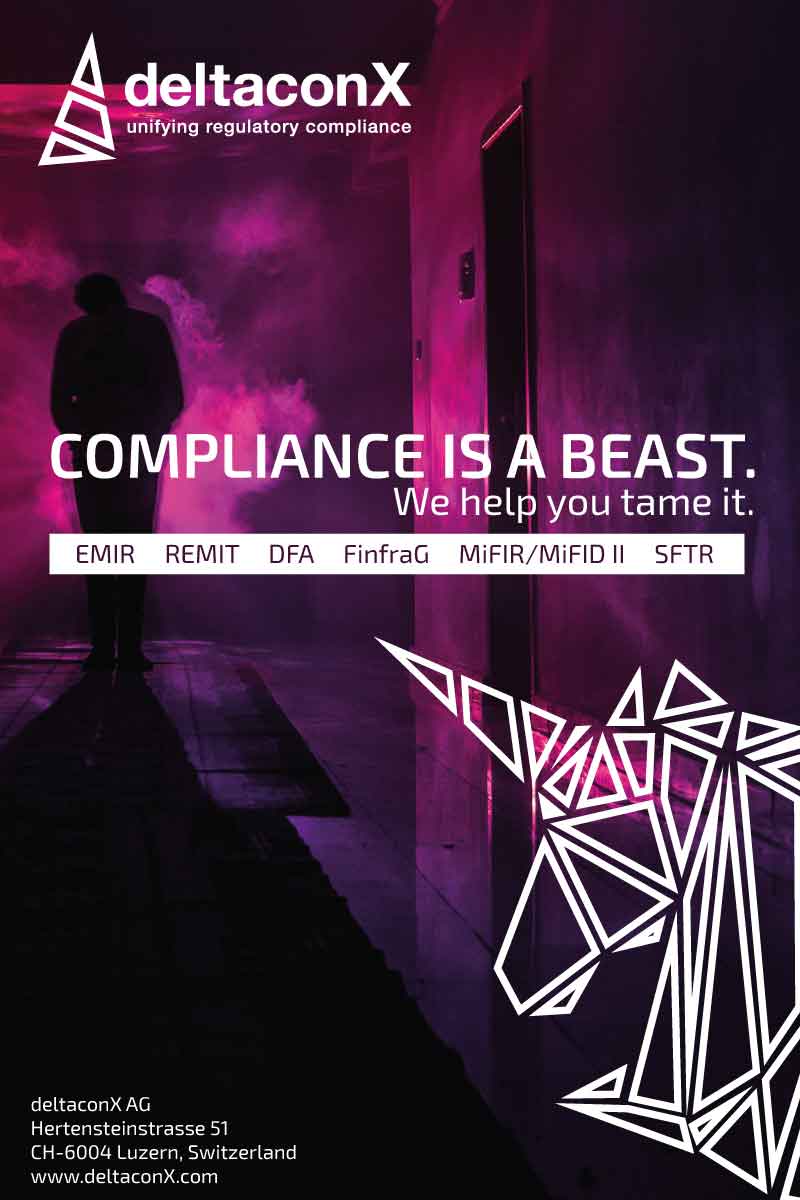The US Securities and Exchange Commission has restated its mission to deliver common standards across markets in cryptosecurity tokens and other securities types.
Commenting on the Financial Stability Oversight Council’s (FSOC’s) recent report on the financial stability risks associated with digital assets, the SEC indicates that it is working with stakeholders across the market to ensure that investors in cryptosecurity tokens receive the same levels of protection as they receive in other securities markets.
The FSOC report, Digital Asset Financial Stability Risks and Regulation, was published on 3 October.
The SEC observes that from the 10,000 tokens currently issued in the digital asset marketplace, the large majority of these are securities — and offers and sales in these cryptosecurity tokens are covered under existing securities laws.
SEC chair Gary Gensler indicates that the Commission is committed to working with the US Congress to fulfil its public policy goals, which include maintaining supervision of cryptosecurities tokens, and financial intermediaries active in this market segment, at the SEC.
In some cases this may require that financial intermediaries register with both the SEC and the Commodities Futures Trading Commission (CFTC). However, there is already precedent, the SEC notes, given that there are currently dual registrants [with these two regulatory authorities] in the broker-dealer and fund advisory communities.
Among other high-level conclusions, the FSOC finds in its report that cryptosecurity tokens remain a “high volatile, speculative investment class” but not a highly decentralised market.
Rather, the FSOC notes that large, concentrated financial intermediaries are supporting trading and asset servicing in these digital instruments, whereas these service areas are often more segregated and siloed in traditional securities markets.
In line with the SEC’s proposals above, the FSOC concludes that cryptoasset trading and asset servicing cannot exist outside of existing policy frameworks and must adhere to standards of investor protection, financial stability and safeguards against financial crime that exist for other security types.
“Whether you call something a crypto token, stablecoin, or decentralised finance platform (DeFi), those public policy goals remain the same,” says the FSOC report.
More specifically, the SEC indicates the regulators have a responsibility to maintain confidence around the safety and soundness of stablecoins, maintaining conduct authority over financial intermediaries in the stablecoin market that are already required to comply with existing securities laws.
In concluding, Gensler indicates that the SEC is committed to ensuring that investors in the cryptoasset market get “the same time-tested protections that exist in other securities markets”. The Commission cannot allow shortcomings in regulating digital assets to compromise standards that underpin a US$100 trillion capital market, he concludes.



